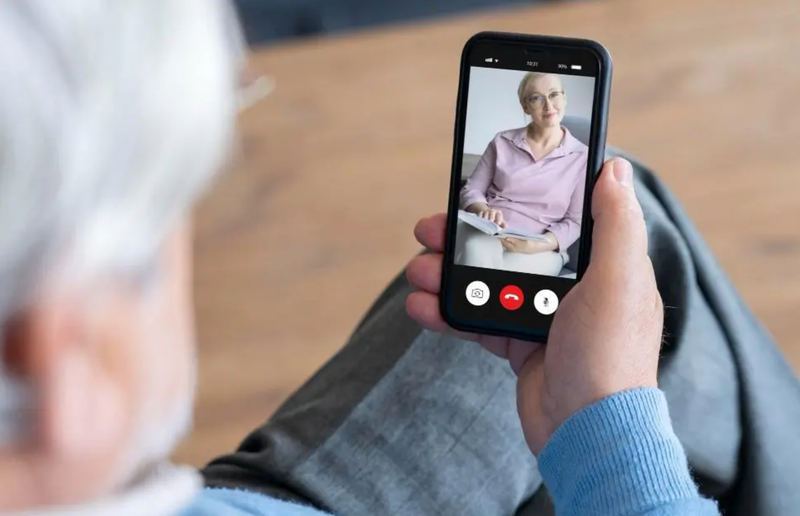What if the key to a sharper mind in your golden years is already in your pocket? A new global study led by clinical neuropsychologist Dr. Jared Bengel at the University of Texas at Austin suggests exactly that: seniors who regularly use smartphones, tablets and computers show notably slower cognitive decline.
The team analyzed data from more than 410,000 participants around the world, all aged on average 69, tracking each person’s device habits alongside scores on standardized memory and thinking tests. Their findings, published in Nature Human Behaviour, reveal a clear pattern: frequent digital engagement correlates with healthier brain function over time.
Researchers propose a bidirectional relationship. On one side, older adults with stronger cognitive skills might be more eager to adopt new tech. On the flip side, regular use of interactive platforms—messaging apps, navigation tools and video calls—appears to actively stimulate neural pathways. “Digital devices enable complex tasks and foster social connections—both of which benefit the aging brain,” explains Dr. Bengel.
Devices also serve as everyday memory aids. From calendar alerts and navigation apps to digital payment systems, these tools help seniors manage daily routines and stay independent. But the study cautions that not all screen time is equal: while passive activities like binge-watching can encourage a sedentary lifestyle, hands-on tech challenges the mind through problem solving and keeps users socially connected.
Dr. Vincent O’Sullivan, an economist at the University of Limerick, welcomes the findings: “This extensive analysis shows a positive link between digital technology and cognitive health. Understanding how and why this works could lead to tailored interventions for those at risk of decline.” For a generation born long before touchscreens, embracing digital tools might just be the next step toward healthier, more connected aging.
Reference(s):
Smartphone Use May Slow Cognitive Decline in Seniors, U.S. Study Finds
cdsb.com




